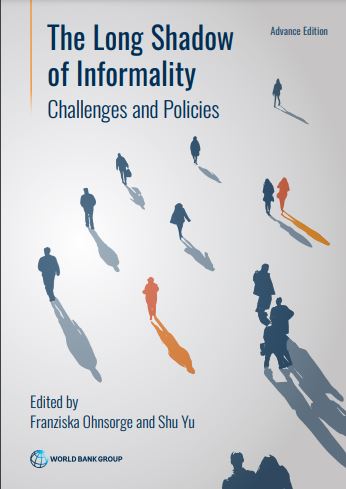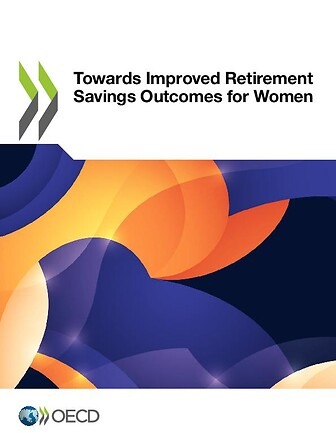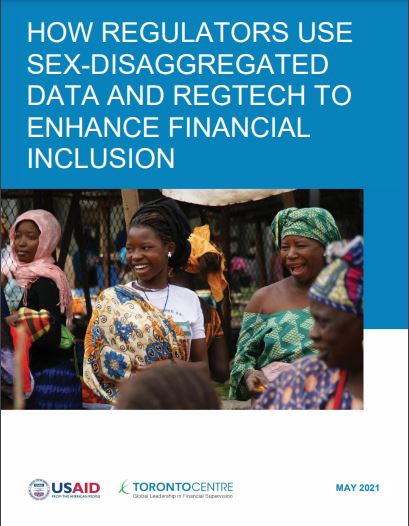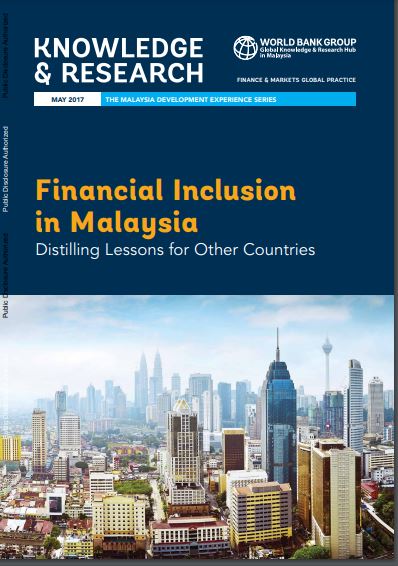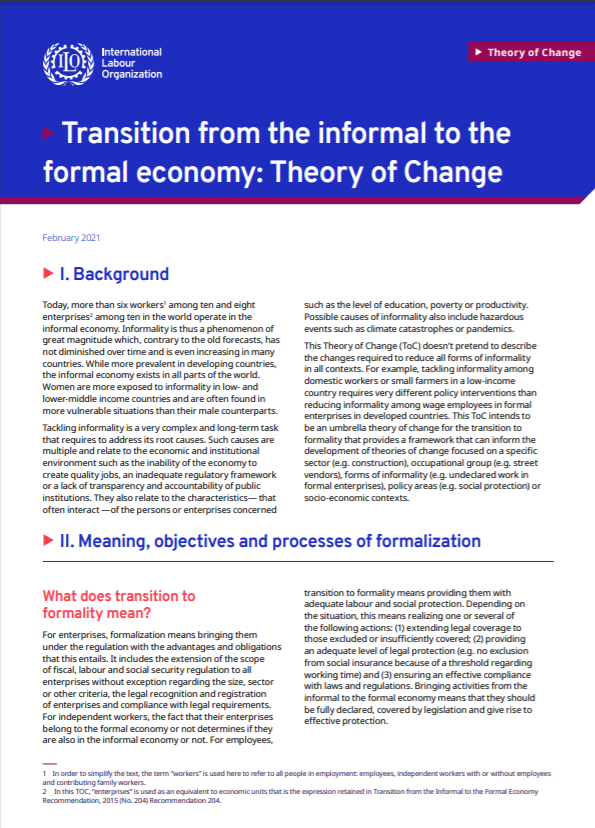The Long Shadow The Long Shadow of Informality Edited by Challenges and Policies
By Franziska Ohnsorge and Shu Yu In emerging market and developing economies (EMDEs), far too many people and small enterprises operate outside the line of sight of governments—in a zone where little help is available to them in an emergency such as the COVID-19 crisis. This “informal” sector constitutes more than 70 percent of total employment in these countries and roughly one-third of output. Policy makers have long had good reasons to worry about this sector: Its participants are vulnerable even...

